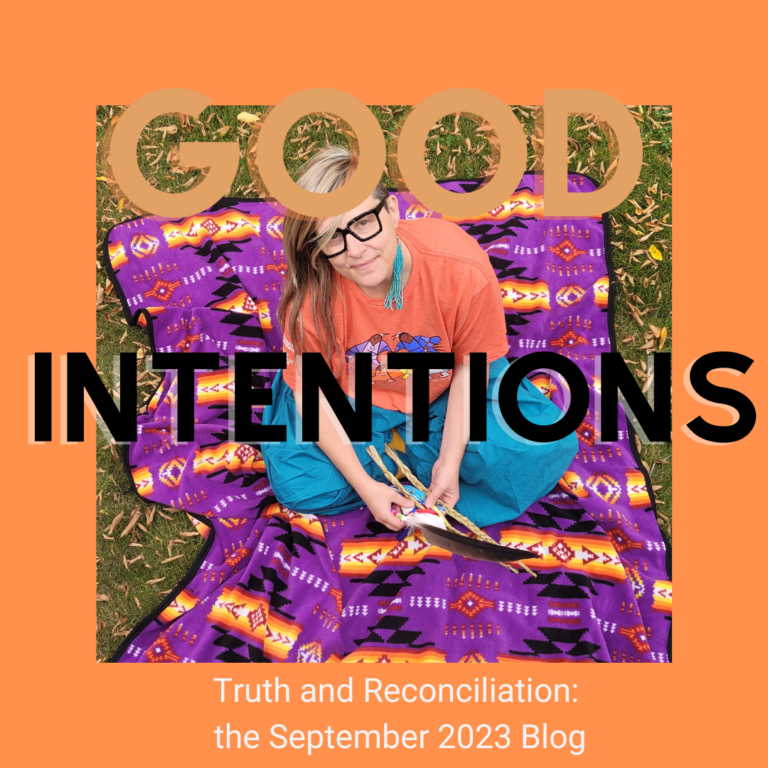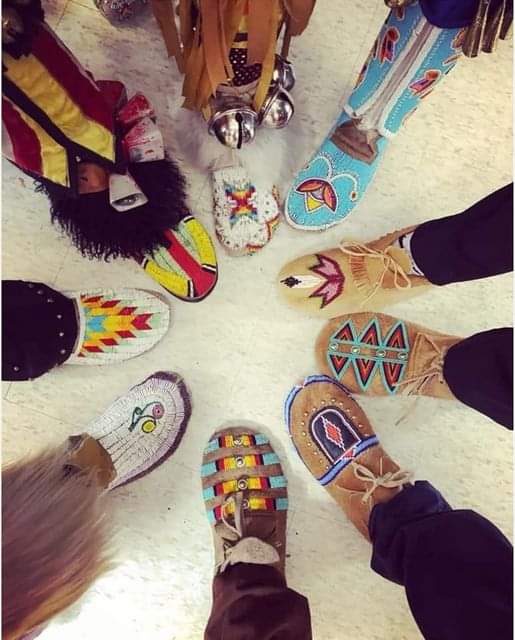
Similar Posts

Good Intentions and Their Limits in the Quest for Truth and Reconciliation
The landscape of Truth and Reconciliation in Canada is often punctuated by ‘good intentions,’ that in practice, fail to accomplish the transformative change that is urgently needed. Symbolic gestures, limited engagements, and superficial policies are the most glaring manifestations of such failed intentions. The ephemeral nature of these efforts belies a lack of systemic commitment…

“Defying White Narratives: Indigenous Empowerment Through Reclaiming ‘Last'”
As an Indigenous person, confronting the label of “mediocre” in a white-dominated world is a complex and emotionally charged issue, especially when other white individuals bear witness to the ensuing struggle. The term “mediocre,” as experienced by Indigenous individuals, signifies both a personal and systemic problem, encompassing challenges of assimilation, cultural identity, and the consequences…
Unsettling Indigenous Colonial Traditions of Hate and Harm
Indigenous cultures in pre-colonial times had a rich history of embracing diversity in gender and sexuality, including the recognition of individuals who embody both masculine and feminine traits and/or have a non-binary gender identity. These individuals are often referred to as “Two-Spirit.” In traditional Indigenous communities, Two-Spirit individuals were often revered for their unique spiritual…
The Power of Sharing Circles: A Guide to Understanding and Participating
Sharing circles have been a staple of Indigenous cultures for centuries, providing a space for individuals to come together, share their experiences, and connect with each other. In recent years, sharing circles have gained popularity as a tool for personal growth and community building, and they have been adapted to fit the needs of a…
